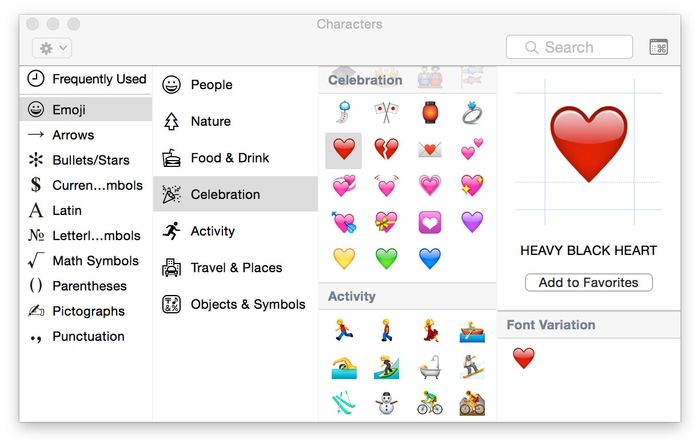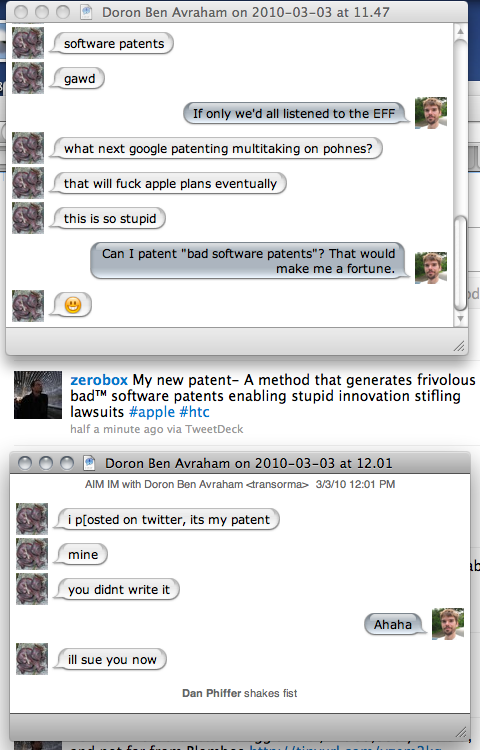This tweet reminds me of a certain basketball hoop in Harlem.
Another big Twitter day
You may have heard that today the FCC voted against Net Neutrality rules. During the deliberations Republican Commissioner Michael O’Rielly said:
Clearly there are cases today, and many more that will develop in time, in which the option of a paid prioritization offering would be a necessity based on either technology or needs of consumer welfare. I for one see great value in the prioritization of telemedicine and autonomous car technology over cat videos. (1:43:20 into the C-Span archive)
My response on Twitter seems to have struck a chord:
This is now more popular than my previous big day on Twitter and sadly they’re both about things breaking on the Internet.
“We thought we were gonna change the world”
From Mike Monteiro’s One person’s history of Twitter, from beginning to end:
Their goal was giving everyone a voice. They were so obsessed with giving everyone a voice that they never stopped to wonder what would happen when everyone got one. And they never asked themselves what everyone meant. That’s Twitter’s original sin. Like Oppenheimer, Twitter was so obsessed with splitting the atom they never stopped to think what we’d do with it.
A big Twitter day
Today I tweeted a snarky thing about Google’s featured snippets and then a bunch of people faved/retweeted it. I’m pretty sure this is the closest I’ve gotten to something “going viral.”
Solidarity from NYC

Decided to publish this message I just sent to a friend in Atlanta who emailed asking about how to find out when and where the protests are happening.
Thanks for the link, I’ll give that a read. It’s interesting how these dynamics of oppression seem to fit so neatly into historical precedent. How is it that us Americans think of ourselves as somehow immune to all of this?
We were out at JFK yesterday and it was a really great experience. Loud and angry, with overwhelming turnout. But honestly the smaller protests in lower-profile places in the world continue to be the ones that give me the most inspiration. It takes a lot more guts to show up for a tiny demonstration where you’re easily picked out of a crowd, or where small town dynamics make anonymous protest impossible.
BTW, I saw that Rep. John Lewis was out at ATL, just hanging out in the terminal until he got some answers. So awesome.
I feel like getting information about a protest is an ongoing challenge, especially at events that aren’t officially permitted by local government. There’s a kind of fine line to walk—organizers want to get the word out, for news of an event to spread. But if it’s technically an illegal gathering, it may be difficult to find “official” or consistent sources of good info. And this is where social media is helpful.
It’s a good time to get into Twitter I think, but the trick is in knowing who to follow and how to avoid feeling overwhelmed. My advice would be to find out people you know who went to protests in Atlanta, and just ask them to ping you next time they hear about something. For my part, I first heard about the JFK demonstration via Facebook Messenger (which I hate, but shit like this keeps me on it) from a friend who lives in LA, and then a couple hours later I got a mass email from an immigrant rights org. So maybe sign up for some email lists for local advocacy groups.
Anyway, good to know you’re thinking about this stuff! I am hopeful that we’ll continue to exercise our right to free assembly before things get even worse and it becomes too dangerous to protest (from police violence or stiffer court penalties). So in the interim, let’s go and put our various privileges to productive use while we can.
Solidarity from NYC,
Dan
Addendum
Good point from Paul, basically Facebook is still where things are happening.
Also, if you want to get out and protest today in New York City, go to Battery Park at 2pm.
The first day of Twitter
If you used Twitter today, you’ve probably heard it’s the social network’s 10th birthday. I used their API to recreate what Twitter’s first day looked like, by plugging in a sequence of ID numbers starting at number 20.
I’m curious what happened to those first 19 tweets, and some other subsequent missing ID numbers (e.g., 24, 27, 28). Were they deleted? If so, why? Also notable: missing tweet ID 105 returns “Sorry, you are not authorized to see this status.” instead of the usual “No status found with that ID.”
Untitled (social media, variable dimensions). 2015.
I’ve collected some images that were circulating on MLKSHK recently, based on a Tweet by Brett O’Connor.
Update: MLKSHK is now MLTSHP.
twitter.com/negatendo/status/628611950168117248
(tweet now deleted)
CUBL1sgXAAAbL5_.png

On faves, likes, and hearts

This week’s On the Media includes a discussion with the Tow Center’s Emily Bell, talking about a piece she wrote in The Guardian.
Yes, it’s about Twitter faves/likes/hearts. And yes, website design choices do influence user behavior!
I found myself not bookmarking, as I would have done a day earlier, a horrifying image retweeted by journalists depicting men using phones to film a woman being stoned to death for adultery. I did not “like” let alone “love” the image but wanted to note it as important. We must have a system which allows for capturing the significant as well as the appealing.
The Decay of Twitter
Robinson Meyer wrote a great essay in The Atlantic about the difference between saying and writing on Twitter:
On Twitter, people say things that they think of as ephemeral and chatty. Their utterances are then treated as unequivocal political statements by people outside the conversation. Because there’s a kind of sensationalistic value in interpreting someone’s chattiness in partisan terms, tweets “are taken up as magnum opi to be leapt upon and eviscerated, not only by ideological opponents or threatened employers but by in-network peers.”
Anthropologists who study digital spaces have diagnosed that a common problem of online communication is “context collapse.” This plays with the oral-literate distinction: When you speak face-to-face, you’re always judging what you’re saying by the reaction of the person you’re speaking to. But when you write (or make a video or a podcast) online, what you’re saying can go anywhere, get read by anyone, and suddenly your words are finding audiences you never imagined you were speaking to.
